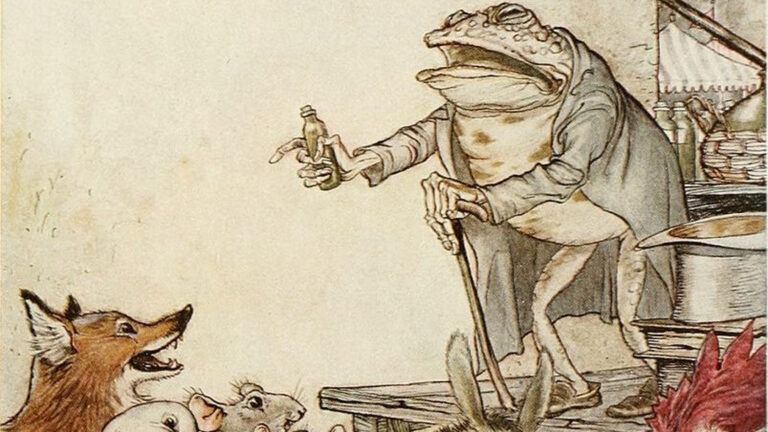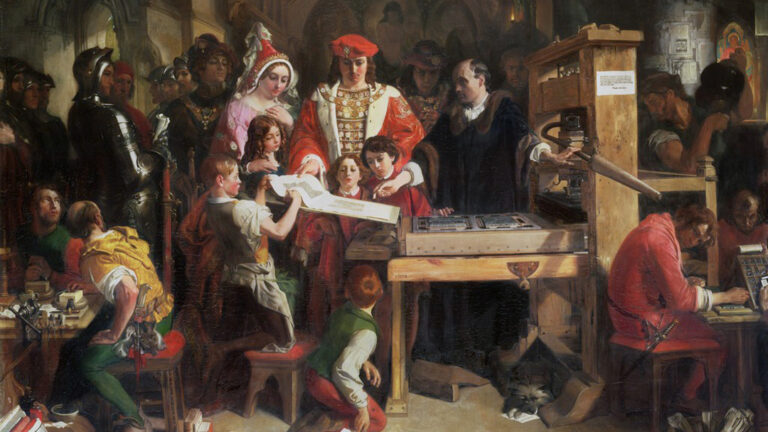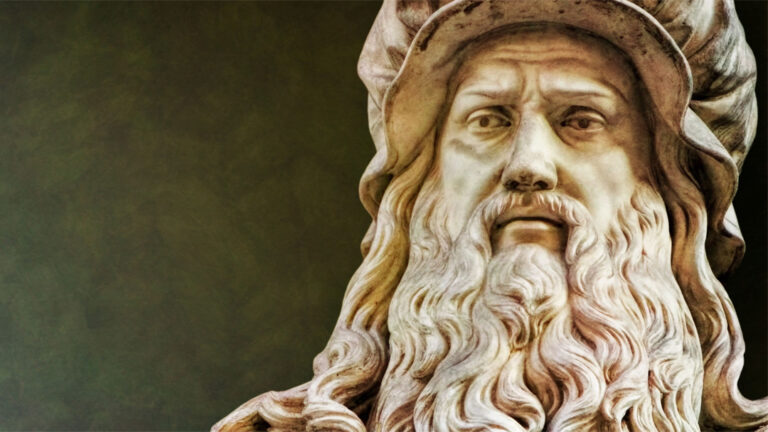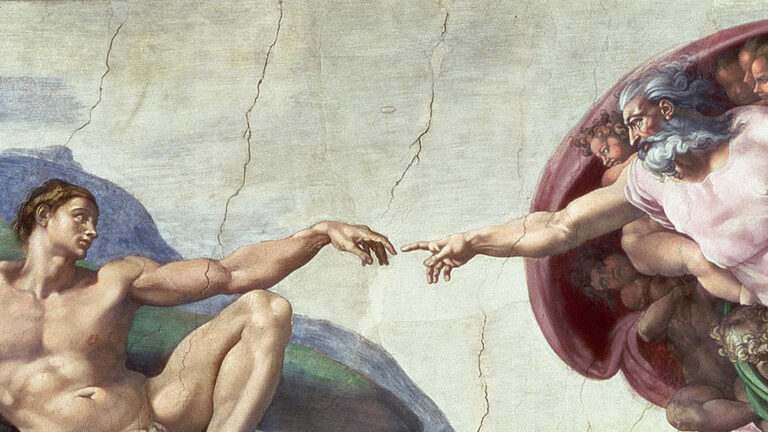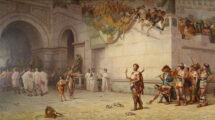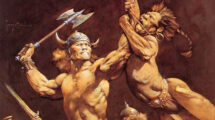Lesson: Charlemagne
Conducting: Opening Remarks/Announcements (Announce that at the end of the meeting we will: (i) sign up new members; (ii) ask for contributions on the website or take up a collection).
Steward: Explanation of Ethical Overlay. The purpose of the Ethical Overlay is to provide an overlay to ethical, moral and religious beliefs in areas of identity, family and heritage, to promulgate ethical and moral policy and to help each individual to become a better person and preserve the environment for future generations. Announcements will be at the end of the meeting.
Congregant: Opening words of Inspiration
Charles I, also known as Charlemagne, has been called both “Father” and “Grandfather” of Europe for his work in uniting Western Europe for the first time in the three centuries that had followed the fall of the Roman empire. His support of education and the papacy laid the foundation for the Western culture of learning and understanding that we enjoy today.
“Right action is better than knowledge; but in order to do what is right, we must know what is right.”
—Charlemagne
“Charles was the keenest of all kings to seek out and support wise men so that they might philosophize with all delight. Almost all of the kingdom entrusted to him by God was so foggy and almost blind, but he made it luminous with the new ray of knowledge, almost unknown to this barbarous land, with God lighting the way so it could see. But now studies are growing weak, and the light of wisdom because it is less loved grows rarer among most people.
— Walahfrid, Walahfrid’s Preface (translated 2008 by David Ganz) (from wikiquote.org)
Steward: We will now have a Moment of Silence for: __(decide locally)___. [about 20 second pause].
Debussy’s Girl with the Flaxen Hair is one of his most-recorded pieces. It comes from a book of piano preludes by the composer and depicts this poem:
On the Lucerne, midst flowers in bloom,
Who sings praises to morning?
It is the girl with golden hair,
The beauty with lips of cherry.
For, love, in clear summer sunlight,
Has soared with the lark and sung now.
Your mouth has such colors divine,
My dear, so tempting to kisses.
On grass in bloom, talk to me, please,
Girl with fine curls and long lashes.
For, love, in clear summer sunlight,
Has soared with the lark and sung now.
Do not say no, cruel maiden.
Do not say yes. Better to know
The long-lasting gaze of your eyes
And your rosy lips, oh, my belle.
For, love, in clear summer sunlight,
Has soared with the lark and sung now.
Farewell, you deer, farewell you hares
And the red partridge. I want
To stroke the gold of your tresses
Smothering lips with my kisses.
For, love, in clear summer sunlight,
Has soared with the lark and sung now.
Quotes attributed to Charlemagne:
“Fathers and guardians, bishops of our Church, you ought to minister to the poor, or rather to Christ in them, and not to seek after vanities. But now you act quite contrary to this; and are vainglorious and avaricious beyond all other men”
“You nobles, you sons of my leading men, soft and dandified, trusting in your birth and your wealth, paying no attention to my command and your advancement, you neglected the pursuit of learning and indulged yourselves in the sport of pleasure and idleness and foolish pastimes. By the King of the heavens I think nothing of your nobility and your beauty. Others can admire you. Know this without any doubt; unless you rapidly make up for your idleness by eager effort, you will never receive any benefit from Charlemagne.”
“Bishops should despise this world and inspire others by their example to seek after heavenly things. But now you are corrupted by ambition beyond all the rest of mankind; and one of them not content with holding the first episcopal see in Germany has dared without my approval to claim my golden sceptre, which I carry to signify my royal will, in order that he might use it as his pastoral staff.”
“You are corrupted by ambition beyond all the rest of mankind.”
“Be humble and good to one another; be faithful to your lords.”
“Husbands should love their wives and speak no rude word to them.”
- Charlemagne used his authority to reprimand others who had mal-intent. In what ways should we emulate that example?
a. Who lies in our “jurisdiction” to reprimand?
b. What benefits can be gained from a just reprimand? - How should we respond to chastisement?
a. What can we do to humbly seek advice on how to improve?
b. What should we do when we’re given criticism that doesn’t apply or help? - What do we need to do in order for our criticism to be constructive instead of destructive?
- What situations require chastening? How should we approach those situations?
Congregant: Closing words of inspiration.
The historian Einhard, a contemporary of Charlemagne’s, called the emperor “the most famous and greatest of men.” Charlemagne’s epitaph reads: “Under this tomb lies the body of Charles, the great and orthodox emperor, who gloriously increased the Kingdom of the Franks and reigned with great success for forty-seven years. He died in his seventies in the year of our Lord 814, in the seventh Indiction, on the twenty-eighth day of January.”
Extend an invitation/commitment to apply one thing learned this week.
Steward: Take contributions from group made payable to Ethical Overlay. [Take cash, checks, or commitments to pay online].
